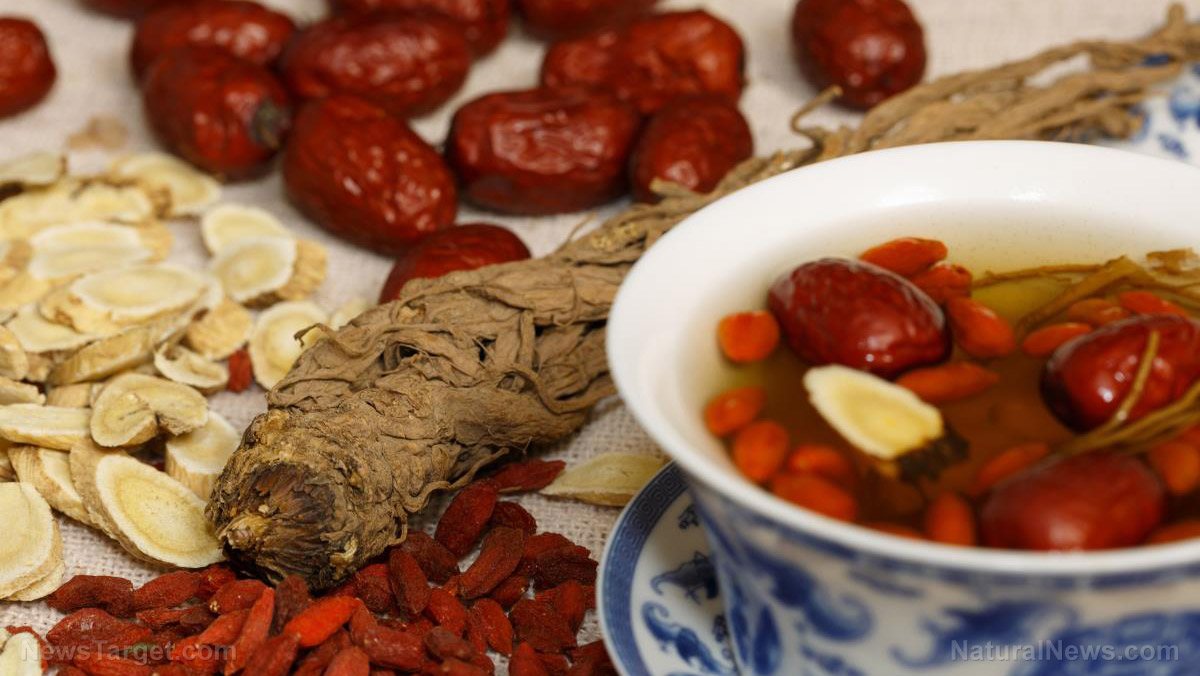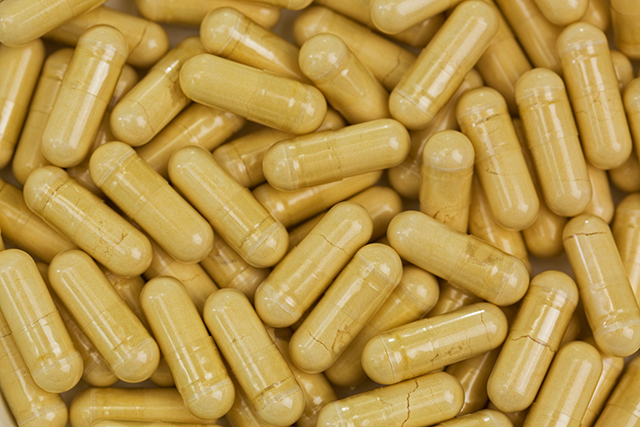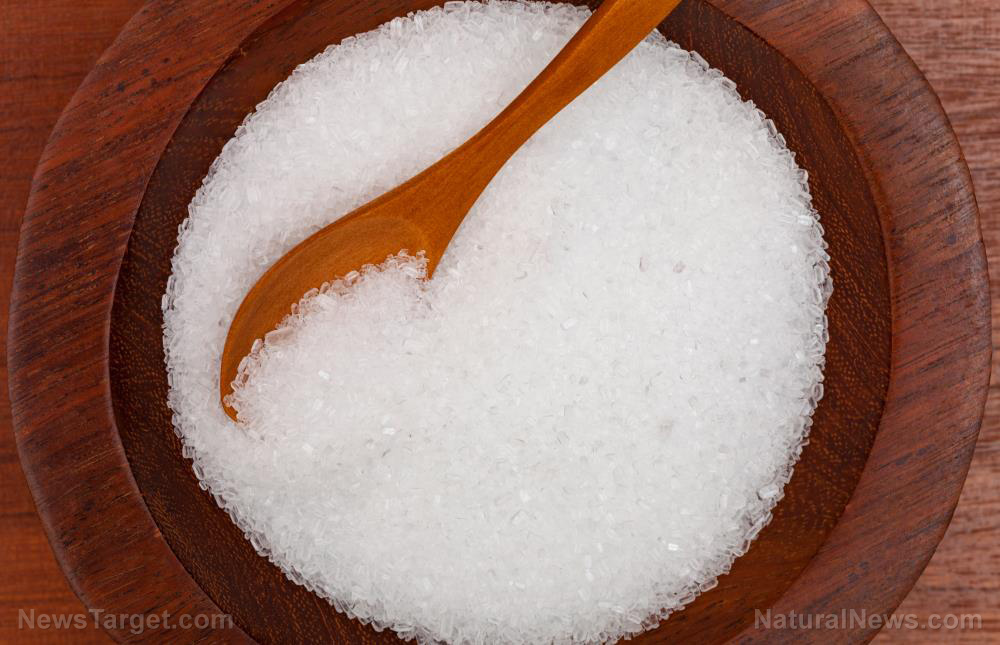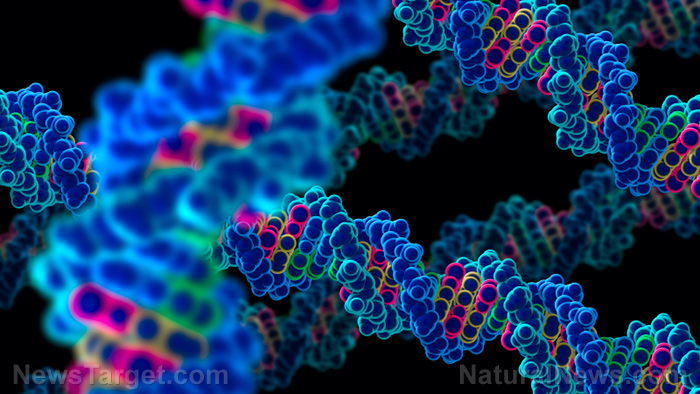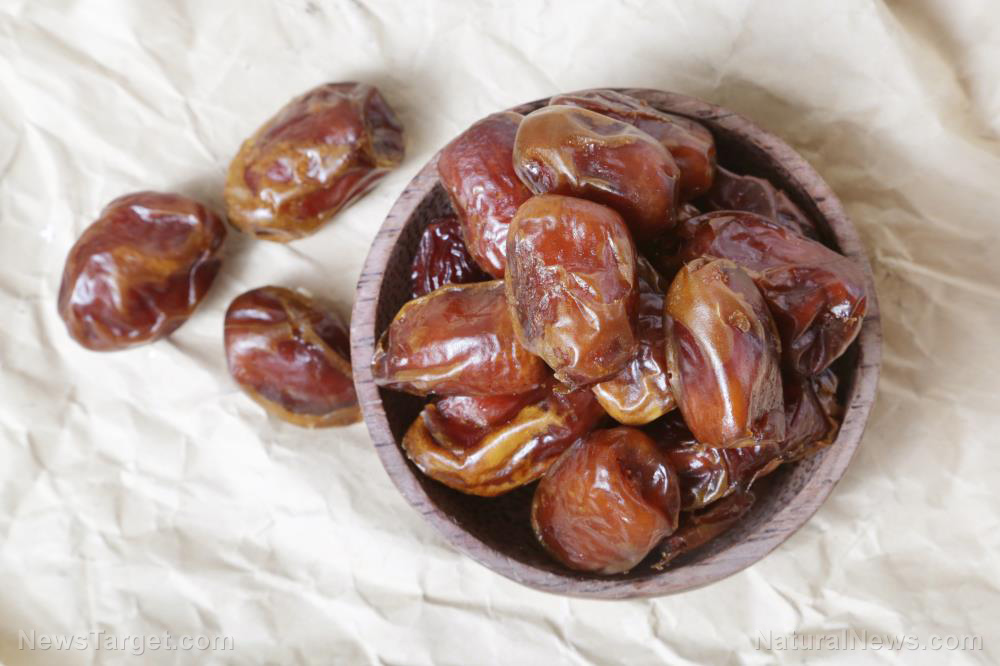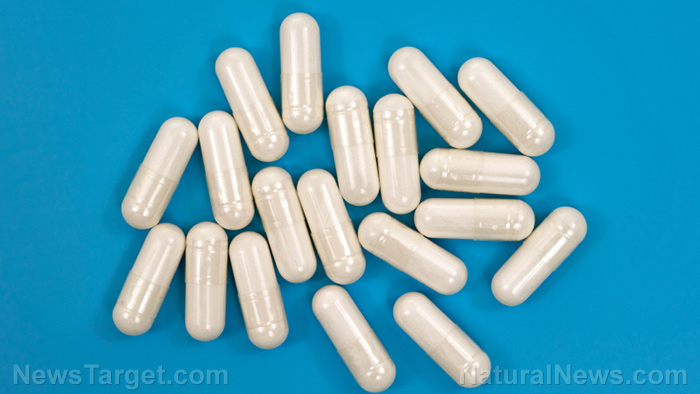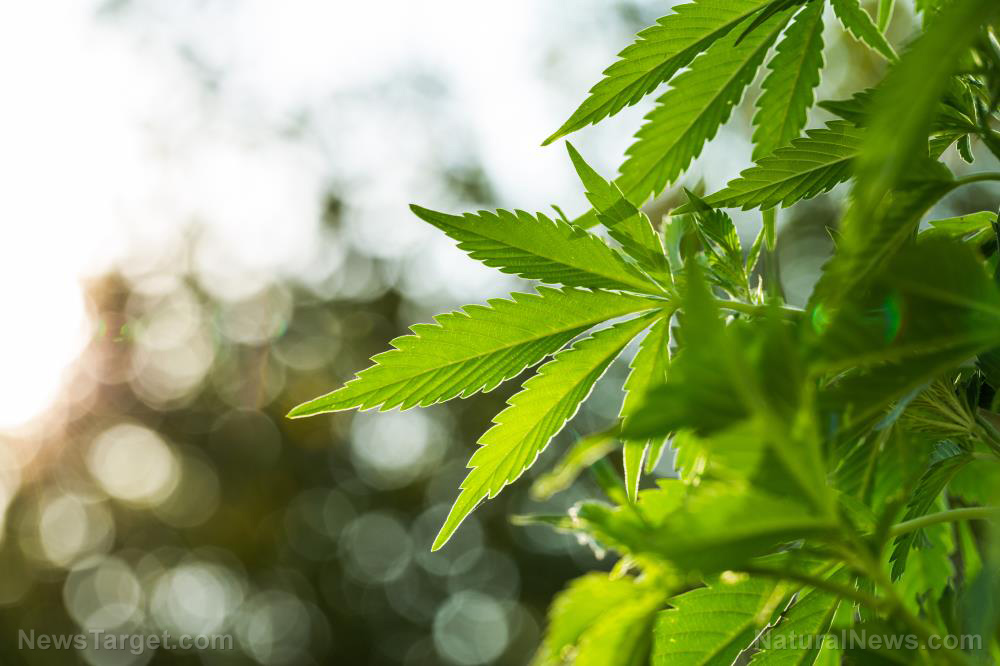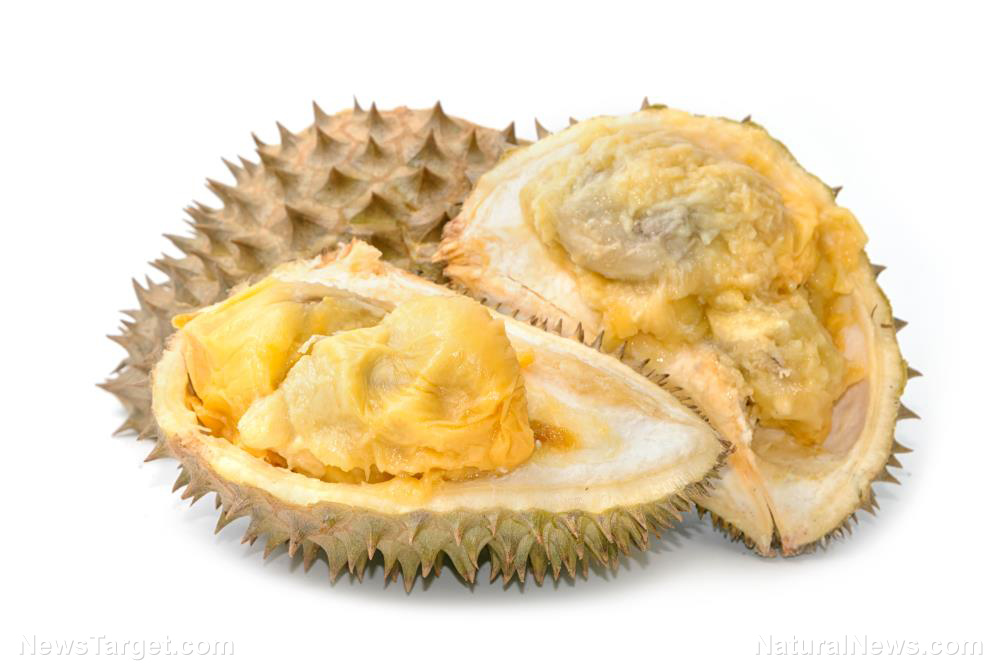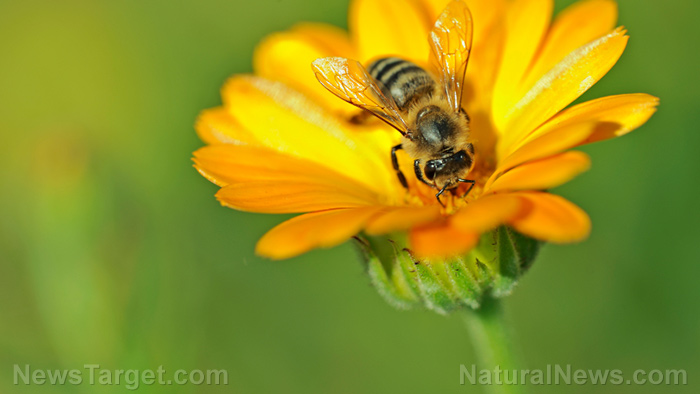Organic potatoes contain more microelements that are often deficient in soil
09/23/2020 / By Evangelyn Rodriguez
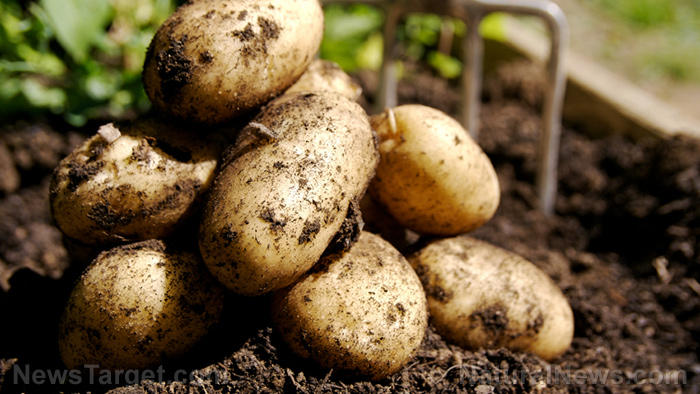
Foods grown using organic farming methods are said to be healthier than foods grown using conventional means. One of the advantages that organic produce has over conventional produce is that they are free of harmful chemicals, which are used in conventional farming to nourish crops and control pests and weeds. Organic farming is also believed to increase the nutritional quality of foods.
To further delineate the differences between organic and conventional foods, researchers at the University of Warmia and Mazury in Olsztyn investigated the effect of three production systems, namely, conventional, integrated and organic farming, on the micronutrient and trace element content of tubers belonging to very early, early and medium-early maturing potato cultivars.
The researchers found that organic farming allows crops to obtain more essential micronutrients from the soil than either conventional farming or integrated farming systems. These microelements are crucial not only for plant growth and development but also for plant survival. Research also suggests that these nutrients can influence the appearance of plants and, most importantly, their fruit yields.
The researchers discussed their findings in an article published in the journal Acta Agriculturae Scandinavica, Section B – Soil & Plant Science.
Organic farming ensures good plant nutrition
Today, modern farmers have a variety of options when it comes to raising animals and growing crops. Organic farming, conventional farming and integrated farming are three of the most common production systems currently used in agriculture.
In organic farming, farmers use natural fertilizers (e.g., farm manure, organic compost), herbicides and pesticides to support the growth of their crops. They also use natural methods (e.g., clean housing, rotational grazing) to keep their livestock healthy and feed them nothing but organic and chemical-free feed. (Related: Do you know the history of organic farming?)
In conventional farming, farmers rely on chemical fertilizers, pesticides and herbicides to ensure the quality and quantity of their produce. They also use growth hormones and antibiotics to accelerate the growth of their livestock and keep them safe from diseases. Conventionally raised farm animals also have less access (or none at all) to the outdoors than organically raised animals.
Integrated farming is a relatively new approach that combines livestock and crop production to reduce costs and waste and improve income. In this agricultural system, waste from one component (e.g., livestock) is used to sustain the other component (e.g., crops or fish). Besides ensuring that farm waste is eliminated sensibly, integrated farming also promotes ecological diversity by including both plants and animals in the production.
For their study, Polish researchers grew five local potato cultivars using the three above-mentioned production systems under field conditions. They then analyzed samples from each to determine the amounts of select microelements and trace elements they contained.
Microelements that the researchers looked for included boron (B), copper (Cu), iron (Fe), manganese (Mn) and zinc (Zn) that are essential for living organisms. They also tested for trace elements, such as chromium (Cr), nickel (Ni) and lead (Pb), which are all important but are considered non-essential nutrients.
The researchers found that the micronutrient and trace element content of potato tubers were influenced by three factors, namely, the type of production system used to grow them, plant genotype and weather conditions during the growing season. Organic potatoes had higher B and Cu content but lower Fe, Mn and Zn content than potatoes grown in either conventional or integrated systems. Meanwhile, conventionally grown potatoes had the highest Pb content.
Organic cultivation resulted in better alimentation of potato tubers with B and Cu, which are crucial elements for plant growth and survival but are often found to be deficient in soil. In contrast, the researchers noted that conventional farming required the use of fertilizers to ensure adequate plant nutrition.
Based on these findings, the researchers concluded that organic farming is the best cultivation system to use as it ensures that crops receive proper nourishment, especially ample amounts of essential micronutrients.
Sources include:
Tagged Under: agriculture, clean foods, conventional farming, environment, green living, harvest, home gardening, integrated farming, microelements, organic farming, organics, plant nutrition, research, soil health, soil nutrients
RECENT NEWS & ARTICLES
Natural.News is a fact-based public education website published by Natural News Features, LLC.
All content copyright © 2018 by Natural News Features, LLC.
Contact Us with Tips or Corrections
All trademarks, registered trademarks and servicemarks mentioned on this site are the property of their respective owners.


